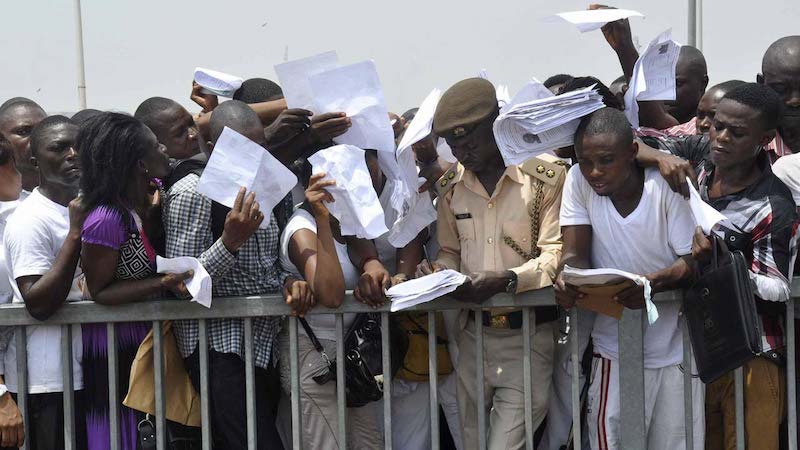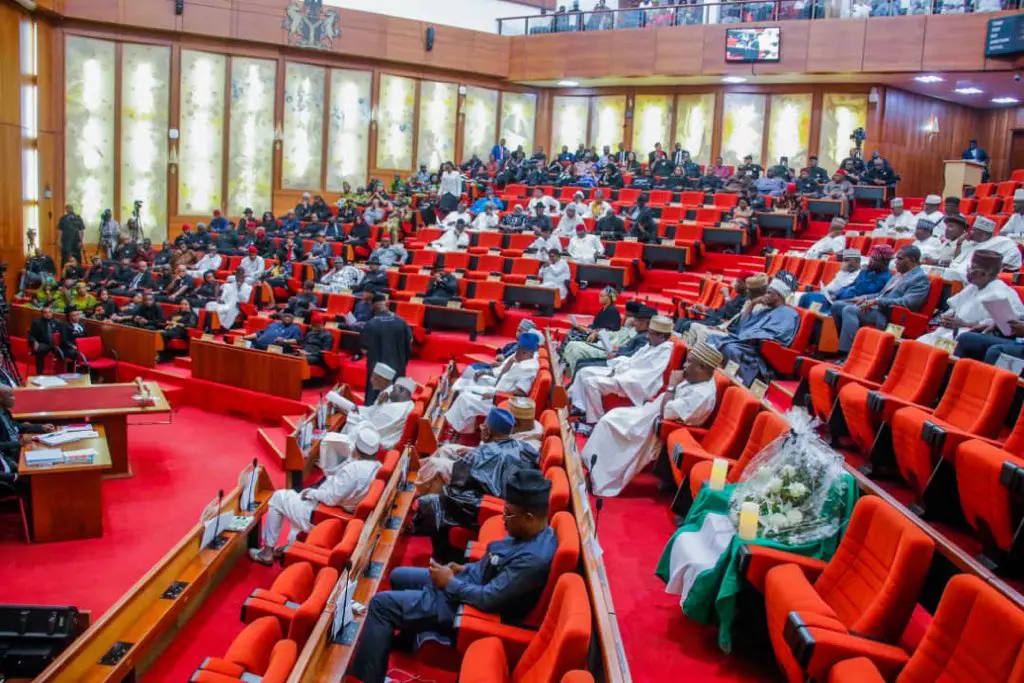Workers of both state and federal agencies and parastatal have complained bitterly about the hardship in the country following the removal of the fuel subsidy.
Recall that on May 29, President Bola Tinubu, while reading his inaugural speech, declared an end to the regime of fuel subsidy. A declaration that has since been followed by increased prices of petrol and subsequently high cost of items.
VAM News reports that workers have called out on the new government to find sustainable means to cushion the effects as people are really struggling to survive.
A cross-section of state and federal workers who spoke with The Punch said they have been badly affected by the removal of the fuel subsidy, as life has not been the same since then.
Sharing some of the tactics of survival in these hard times, some workers in the Federal Capital Territory, Abuja and Lagos told the platform that their organisations have reduced the number of work hours and days.
They further noted that their organisations had also adopted the work-from-home model, which became popular during the lockdown period following the COVID-19 pandemic in 2020.
An Abuja-based civil servant, Judith Obiora, said, “Most of the offices at the Federal Secretariat are no longer filled up as they used to be before the fuel subsidy removal. Now, we only come to the office twice or thrice a week.”
A civil servant who is planning to relocate abroad said he could no longer cope with the high cost of living.
He said, “The situation in Nigeria is very terrible because the minimum wage no longer meets the cost of living. Civil servants are suffering because the prices of things have increased, and it is tough to cope these days.
“By the time you weigh everything, you will see that it is not worth it. Even as a businessman in this country, getting customers to patronise you is difficult, and getting your profit from the work you are doing is hard.”
A staff member of a prominent agency, who pleaded anonymity, said, “It has been tough, especially in the area of feeding. Things are very expensive, and for people like us who still have young children, it has been quite difficult meeting up.
“If it is an adult, you can still manage, but how do you tell a child that the money is not enough? Also, in the area of transportation, it has been very difficult. For instance, the transport fare that used to be N100 before has jumped to N300, and when you calculate it, you will find out that the easiest thing to do is to work remotely once in a while.”
A civil servant who identified herself as Sade said she and her husband had been having sleepless nights over the survival of their family.
She lamented, “I was at the market yesterday, and I screamed. Things are too expensive. Honestly, we can’t continue like this. Apart from the high food prices, the school fees of my children have increased, and my husband and I have been having sleepless nights trying to manage ourselves.”
A federal worker with a federal agency, Mr. Kunle Adams, said he had been forced to become a cab driver in order to generate extra income.
“I usually do not like to pick passengers when going to work, but I have been doing it to cover the amount I spent on fuel. I once tried parking my car at home, but it was not convenient for me to do so; otherwise, I would have dropped it because it is cost-effective.
‘’If you are talking about high prices of commodities, that is everywhere, so who am I not to be affected? If only the government could intervene, it would be lovely,’’ Adam submitted.
A worker in the Kwara State governor’s office, Mallam Makun Abdullahi, said since the fuel subsidy removal, he can no longer buy food items in bulk from cooperative society as he used to.
“Though the government has added N10,000 to our monthly salary, it cannot take us anywhere. Our salary is no longer enough to feed our family. I am also involved in farming, where I go on days I don’t go to work,” he explained.




